The Ultimate Guide to Japanese Rockabilly Fashion and Where to Buy It
If you’ve ever strolled through Tokyo’s Yoyogi Park on a Sunday, you’ve likely encountered an extraordinary sight: leather-clad dancers with towering pompadours twisting and jiving to vintage rock ‘n’ roll. Welcome to the Japanese rockabilly subculture—a rebellious, high-energy movement that refuses to fade.
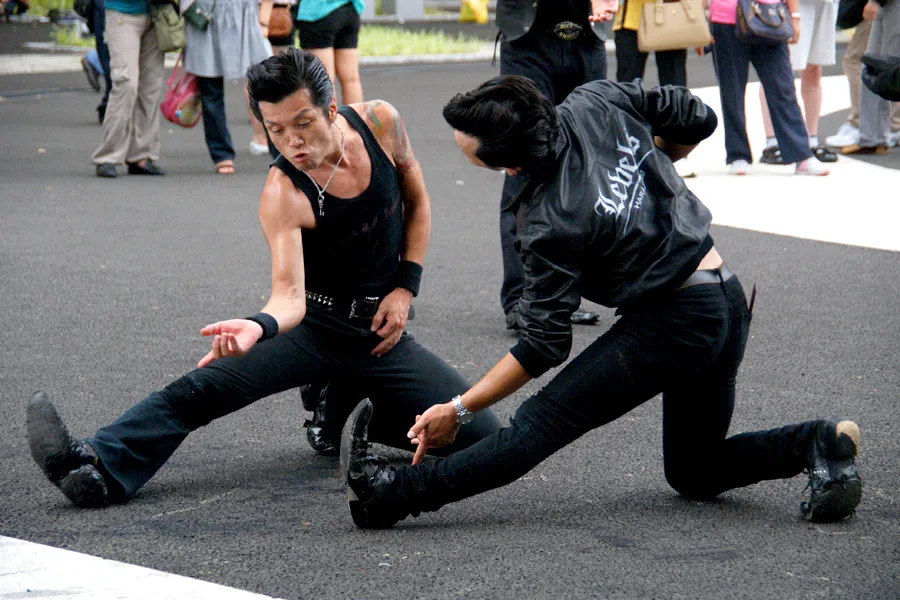
Born in Rebellion: Japanese Rockabilly Roots
Post-war Japan in the 1950s was a country caught between tradition and rapid Westernization. Enter rockabilly. Imported through American occupation forces, rock ‘n’ roll became an instant hit among Japanese youth yearning for a new form of expression. Icons like Elvis Presley and Gene Vincent struck a chord, inspiring the formation of Japan’s first rockabilly bands.
By the 1970s, the movement found its spiritual home in Yoyogi Park, where the Tokyo Rockabilly Club emerged as the ultimate tribute to the American 1950s. Every weekend, members gather to channel the spirit of rock ‘n’ roll, complete with choreographed routines, vintage clothing, and an unapologetic love for leather.
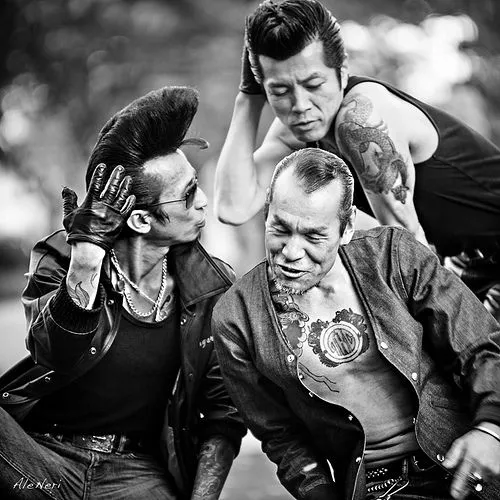
For Japanese rockabillies, this isn’t cosplay—it’s a full-blown lifestyle. The subculture’s participants dedicate themselves to recreating the essence of 1950s Americana, from their wardrobe to their retro cars. The weekly gatherings aren’t just performances; they’re community rituals. Think of it as a retro microcosm where everyone lives and breathes rock ‘n’ roll.
Japanese Rockabilly Fashion: Americana meets Japanese craftsmanship
Rockabilly fashion in Japan is more than just a nod to mid-century American subculture; it’s a vibrant, artistic expression that blends traditional Japanese values with the rebellious spirit of 1950s rock and roll. The Japanese value of craftsmanship, known as monozukuri, shines through in every aspect of Rockabilly fashion.
Leather jackets
Leather jackets are perhaps the most recognizable symbol of the Rockabilly movement worldwide, and in Japan, they are elevated to an art form. The classic “biker” jacket, often adorned with intricate embroidery or patches, often with custom-made motifs such as dragons, tigers, or samurai figures, nodding to Japan’s rich heritage. The attention to detail extends to the stitching, where the use of contrasting thread colors and patterns adds a layer of artistry not typically seen in Western counterparts.
Cuffed Denim and Selvedge Jeans
Denim plays a significant role in Japanese Rockabilly fashion, with cuffed jeans forming an essential part of the look. Japanese denim, renowned for its high quality and meticulous craftsmanship, is a standout here. Denim jeans are often made from raw selvedge denim, woven on traditional shuttle looms, which gives the fabric a unique, sturdy feel and a distinctive edge.
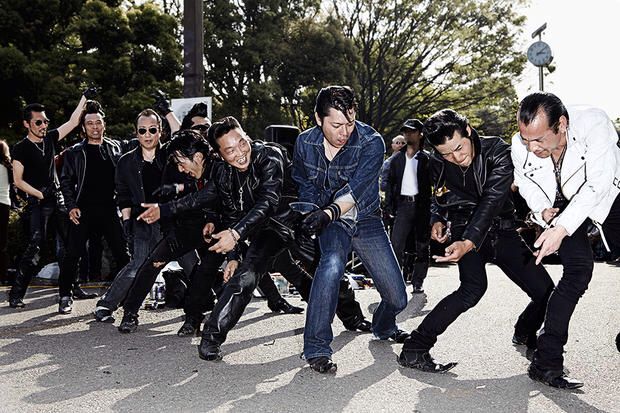
Rockabilly Hairstyle and accessories
The pompadour hairstyle, with its voluminous front section, is an essential part of the Rockabilly look. While this hairstyle originated in the U.S. during the 1950s, it’s in Japan where the attention to detail really shines. The style, often paired with sharp sideburns, is carefully maintained with precision, often incorporating Japanese techniques for styling and hair care.
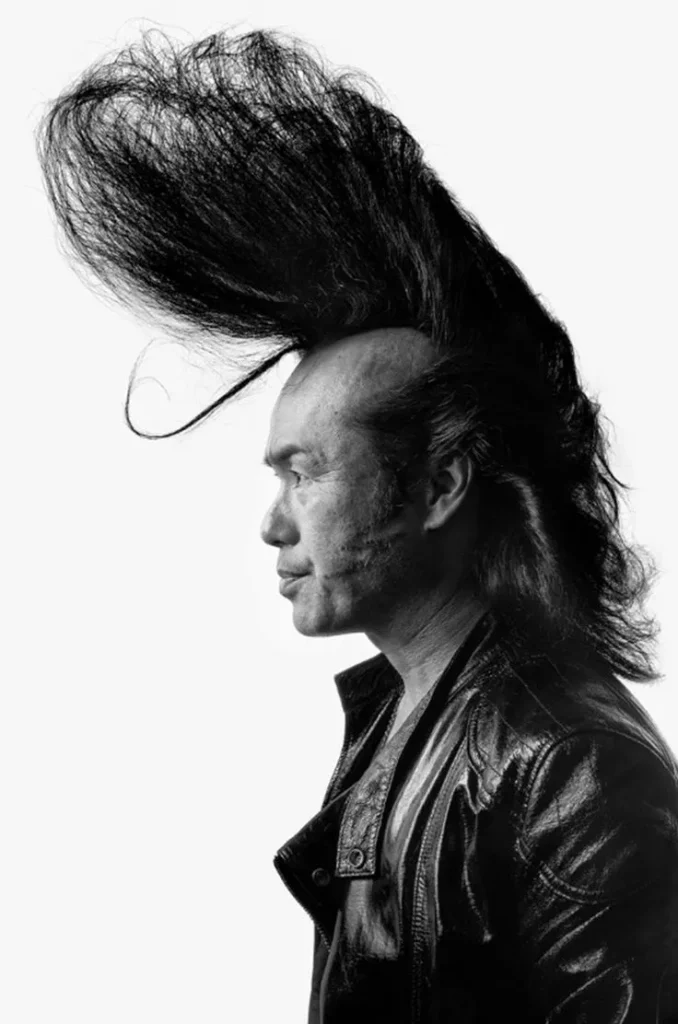
Eventually vintage-inspired sunglasses, bandanas, and slick cufflinks add a sense of individuality to the look.
Women in Japanese Rockabilly
While men often dominate the spotlight, women have carved their own space within Japan’s rockabilly scene. Female enthusiasts embrace the pin-up aesthetic with bold polka dots, vintage high-waisted skirts, and killer eyeliner. But it’s not just about the look—these women hit the dance floor with as much fervor as their male counterparts. Groups of synchronized female dancers bring a dynamic energy, proving rockabilly isn’t bound by gender roles but thrives on a shared love for its culture.
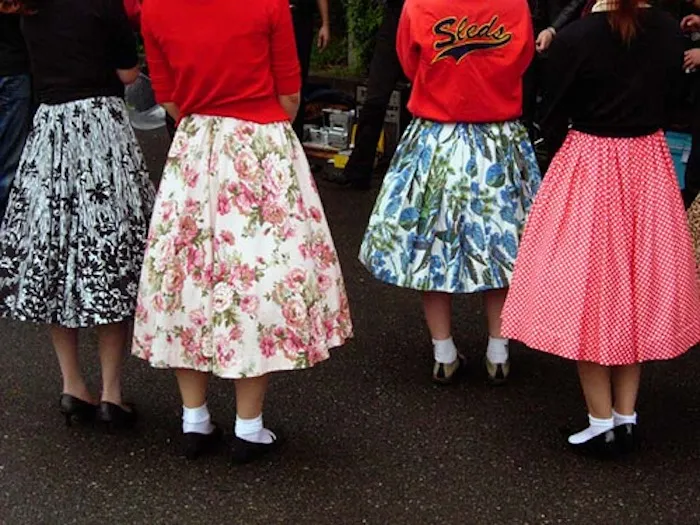
Where to Shop Rockabilly in Japan
Ready to channel your inner greaser? Tokyo is a treasure trove for rockabilly fashion.
Studio d’Artisan – the craftsman
Founded in 1979 in Japan, Studio D’Artisan is a highly respected brand known for its exceptional denim and dedication to craftsmanship. With a focus on high-quality materials and traditional production techniques, Studio D’Artisan has become a favorite among denim enthusiasts. The brand draws heavy inspiration from vintage American workwear and classic styles, often incorporating elements like raw denim, heavy stitching, and rugged silhouettes.
Evisu – the iconic
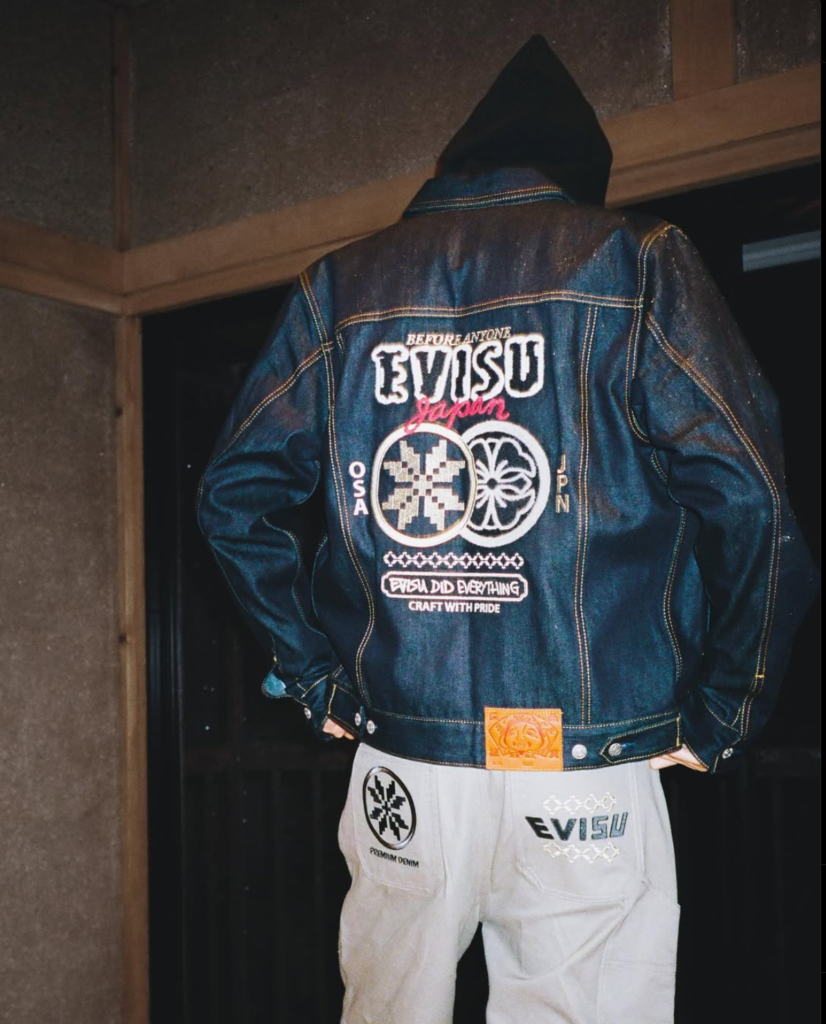
Founded in 1991 in Osaka, Evisu is a renowned Japanese brand known for its premium denim and craftsmanship. Originally focused on hand-painted jeans, it quickly became a global icon for its high-quality materials and vintage-inspired designs. Evisu’s collections, even if mostly streetwear inspired, often feature elements of 1950s and 1960s American style, making it a great choice for rockabilly enthusiasts.
Jumpin’Jack’s – the real deal
If rock ‘n’ roll runs through your veins, there’s one must-visit spot in Tokyo: Harajuku Jumpin’Jack’s. This legendary vintage store, run by the charismatic Elovis Sato—a close friend of the iconic group The Strangers—is the ultimate destination for true Rockabilly enthusiasts.
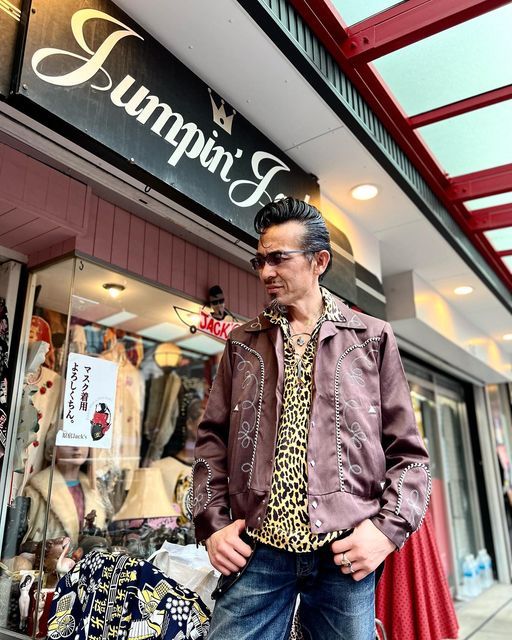
At Jumpin’ Jack, you’ll find an impressive collection of authentic 1950s and 1960s vintage clothing and accessories from leather jackets to retro sunglasses and even wax. A memorabilia that will fulfill your wildest rock ‘n’ roll dreams.
Looking for more amazing finds? While not all vintage stores specialize in Rockabilly, many in Japan curate incredible American vintage pieces. Explore our Japanese Vintage Stores Guide to uncover your next dream item!
Rockabilly: A Rebellion That Endures
More than music, more than fashion—rockabilly in Japan is a declaration. It’s about standing out, embracing rebellion, and finding a community that celebrates individuality. Decades on, its influence remains visible in fashion, music, and beyond, proving that some things never go out of style. The pompadours may grow taller, but the spirit of rockabilly stays timeless.
![[NANIKA]](https://nanikajapan.com/wp-content/uploads/2024/10/cropped-NANIKA-LOGO-transp.png)
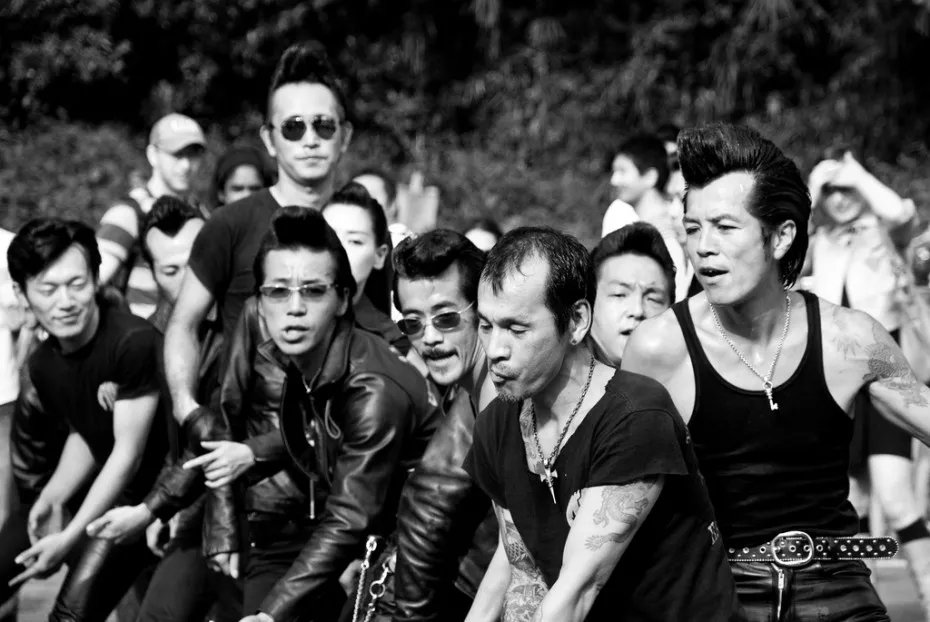
Leave a Reply